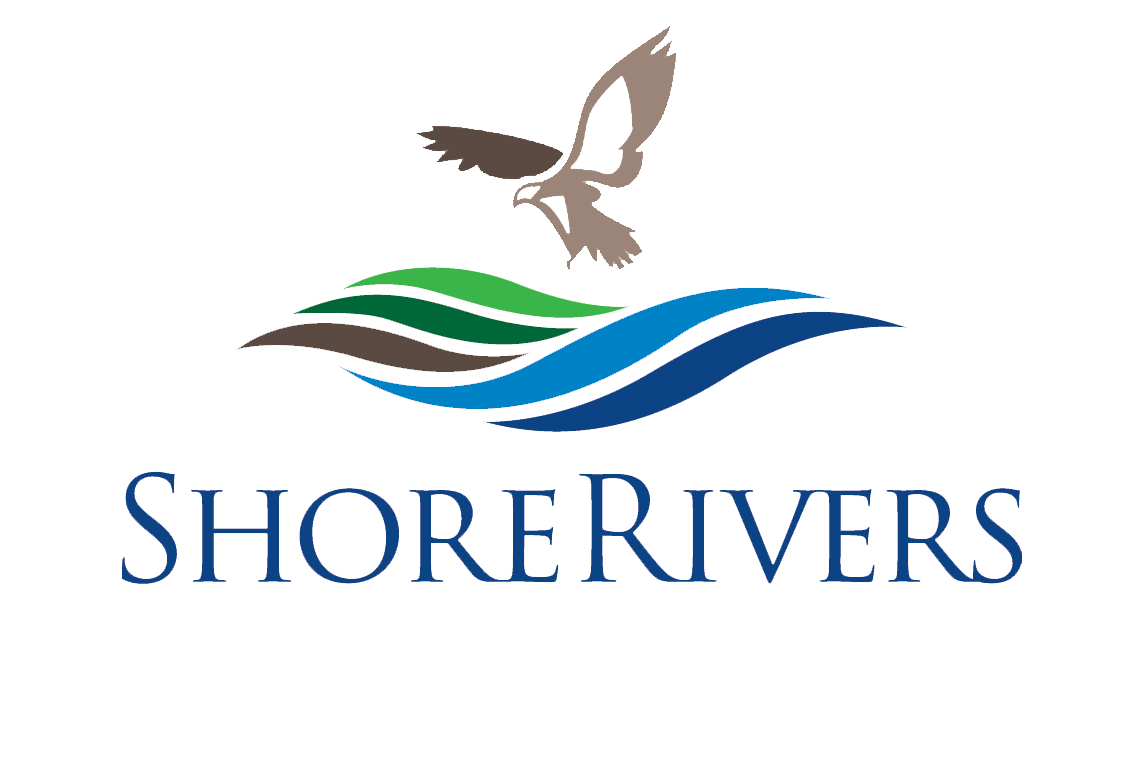ShoreRivers is disappointed but not surprised by the approval of the Trappe East wastewater discharge permit by the Maryland Department of the Environment. As we told MDE in our initial comments, spray irrigation is not an adequate means of disposing wastewater without polluting the river. The intention of these permits is for wastewater sprayed onto fields to be absorbed by crops, but much of the nutrients end up percolating into our groundwater instead. Showing the inadequacies of these types of spray irrigation systems, data from inspection reports on the Eastern Shore compiled by Chesapeake Legal Alliance for the years 2016–2020 proved that 54% of permit inspections ended in noncompliance. Multiple scientific studies show that 70% of the nitrogen flowing into our Eastern Shore rivers comes from groundwater. We have to protect our groundwater and our rivers by denying spray irrigation permits like this.
However, there are small gains to celebrate here as well. An unprecedented amount of public comment was submitted on this permit that sent the message—loud and clear—to the state of Maryland that we won't allow for blanket approvals that prioritize the wants of developers and companies over the needs of our citizens and the environment. And thanks to these comments and incredible participation by the public, the final permit does include more water quality protections than the original by limiting the wastewater discharge to 100,000 gallons, nearly one sixth of the proposed amount, and reducing the size of the development from nearly 2,500 buildings to 400. We hope that the permit, as approved, will stand and that further needs for the planned development will not include the dumping of massive amounts of wastewater on our land
Members of the public, scientists, lawyers, and experts earned these achievements by engaging in the process and putting forth legitimate concerns about how their fundamental right to clean water would be impacted by the original proposal. ShoreRivers will remain vigilant in our monitoring of this development in order to protect our precious natural resources. Thank you for stepping up in the public process and helping us advocate for clean water.
Matt Pluta
Director of Riverkeeper Programs

